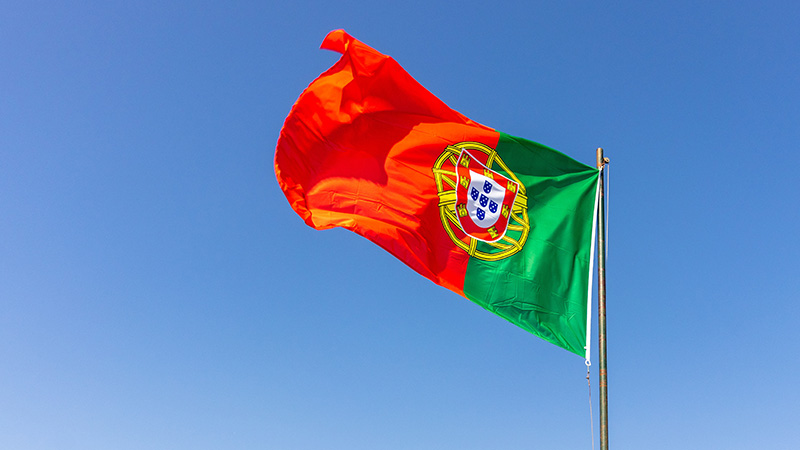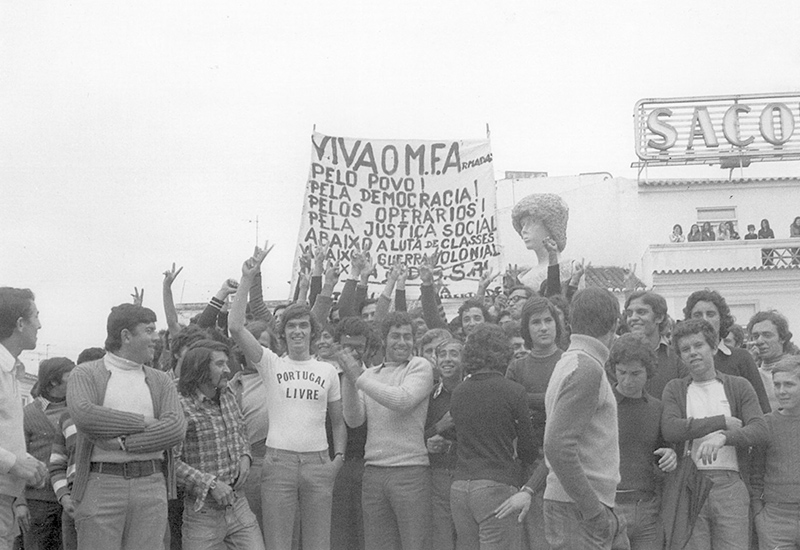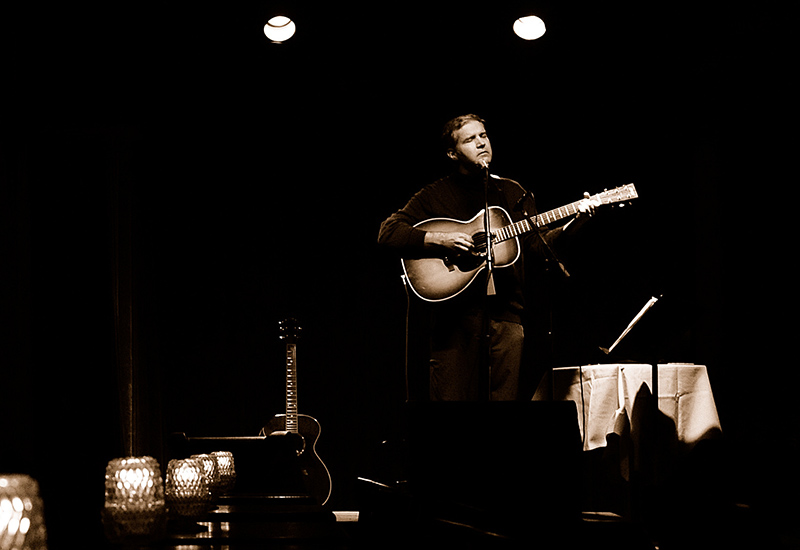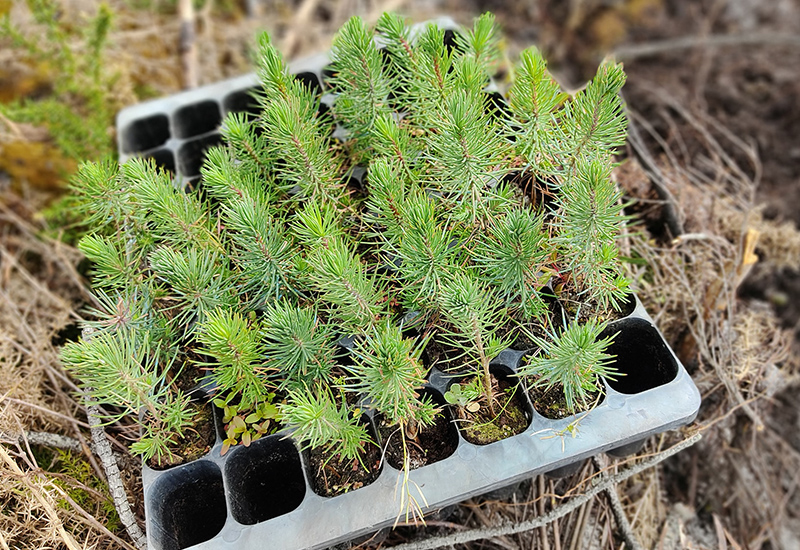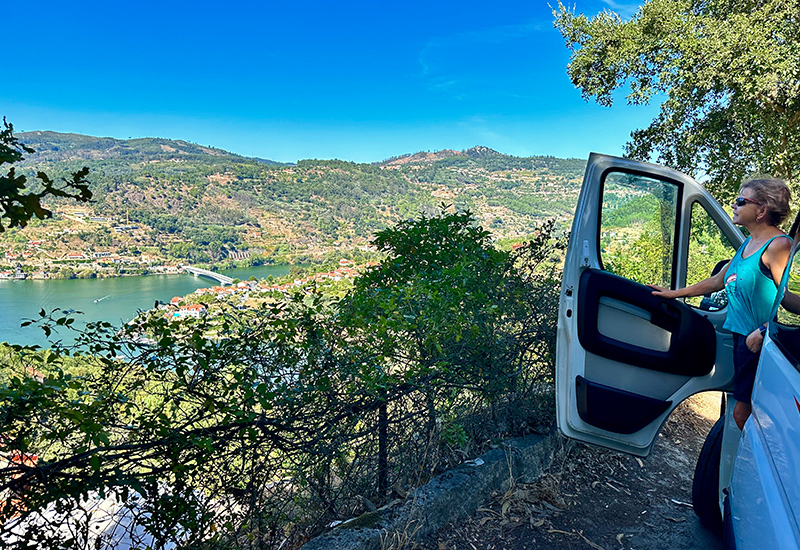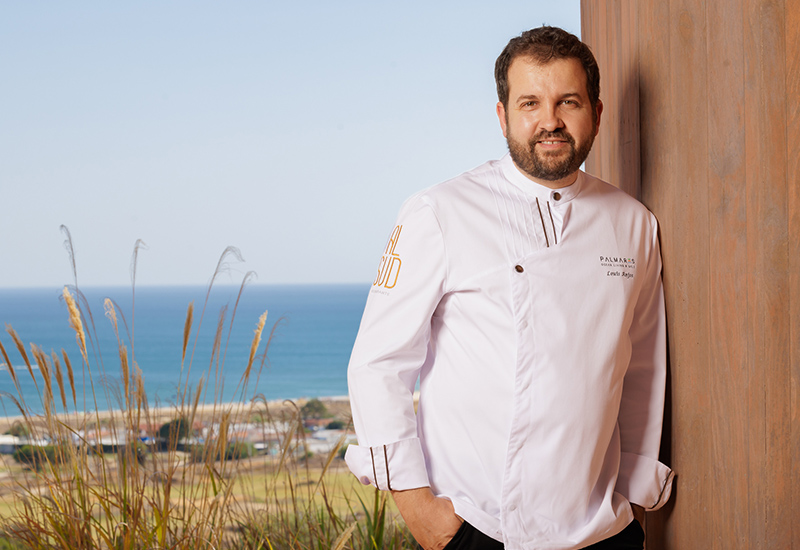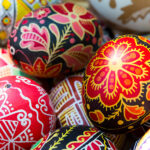Did you know that the 5th of May is a special day both in Portugal and elsewhere? The Portuguese speaking countries have celebrated this day as their special language day for several years. However, in 2019, UNESCO went one step further and proclaimed the 5th of May as ‘World Portuguese Language Day.’
Why bestow it such an elevated status? If nothing else, the numbers speak for themselves. One of the most widespread languages globally, with more than 265 million speakers across five continents, UNESCO estimates that Portuguese is also the fastest-growing European language after English.
Besides Portugal and Brazil, Portuguese is an official language in Angola, Cabo Verde, Guinea-Bissau, Mozambique, São Tomé and Principe and East Timor. Equatorial Guinea adopted it as their third official language, and it also has official status in Macau, China. There is also an extensive diaspora of Portuguese speakers in other countries around the globe.
How did the Portuguese language come about, and why does it play such an important role in the world? When the Romans arrived in the Iberian Peninsula in 216 BC, they brought the Latin language from which all Romance languages are descended. The same Romance language was also spoken in Galicia, northern Spain. It is interesting to note that even today, people in Galicia and Portugal can communicate with each other without any problems.
In 1290, King Denis of Portugal created the first Portuguese University in Lisbon. He decreed that what was referred to then as the ‘common language’ be known as Portuguese and used officially. As Portugal and Spain are situated on the periphery of Europe, the languages developed differently from the other Romance languages, such as Italian and French. The 500-year Arab presence in Portugal (from the 8th to the 13th century) also affected the language. There are still hundreds of words in common use, such as almofada (cushion), azeitona (olive) garrafa (bottle). The name Algarve also has its origin in the Arabic Al-Gharb (meaning ‘the west’).
It is not difficult to work out how Portuguese became a world language. During the Age of Discoveries in the 15th and 16th centuries, the language was taken to many regions of Africa, Asia, and the Americas. Japanese still has many words of Portuguese origin, as there were close trading links. Portuguese was used in Sri Lanka for nearly 150 years. There are also still clear vestiges of Portuguese heritage in Goa as it was only ceded to India in 1961.
Although Portuguese is spoken by so many, it is still a major challenge to learn for many foreign residents. Yep, pronunciation is an issue. It’s guttural and has many nasal sounds. European Portuguese, as opposed to the Brazilian variety, is much more closed, and the endings of words are often swallowed. Verb conjugations and gender-based nouns can be confusing.
But look on the bright side. Knowledge of other Romance languages such as French, Italian, or Spanish will help, and the alphabet is similar! There is also a definite head start as English and Portuguese have over 5000 words (cognates) in common, e.g. educação – education, original -original, decisão – decision, and countless more.
Try out different methods. Listen, observe, read notices around you, and write down phrases you need. Be consistent as a bit of practice every day will eventually pay off.
On 5 May, let’s raise a glass of good Portuguese wine and celebrate. Viva a língua Portuguesa!
These days there are many valuable resources online for learning Portuguese. A word of caution, though. Choose European Portuguese language resources rather than Brazilian as there are differences in pronunciation and vocabulary.
Here are some suggestions:
Portuguese with Leo – Youtube (for intermediates)
